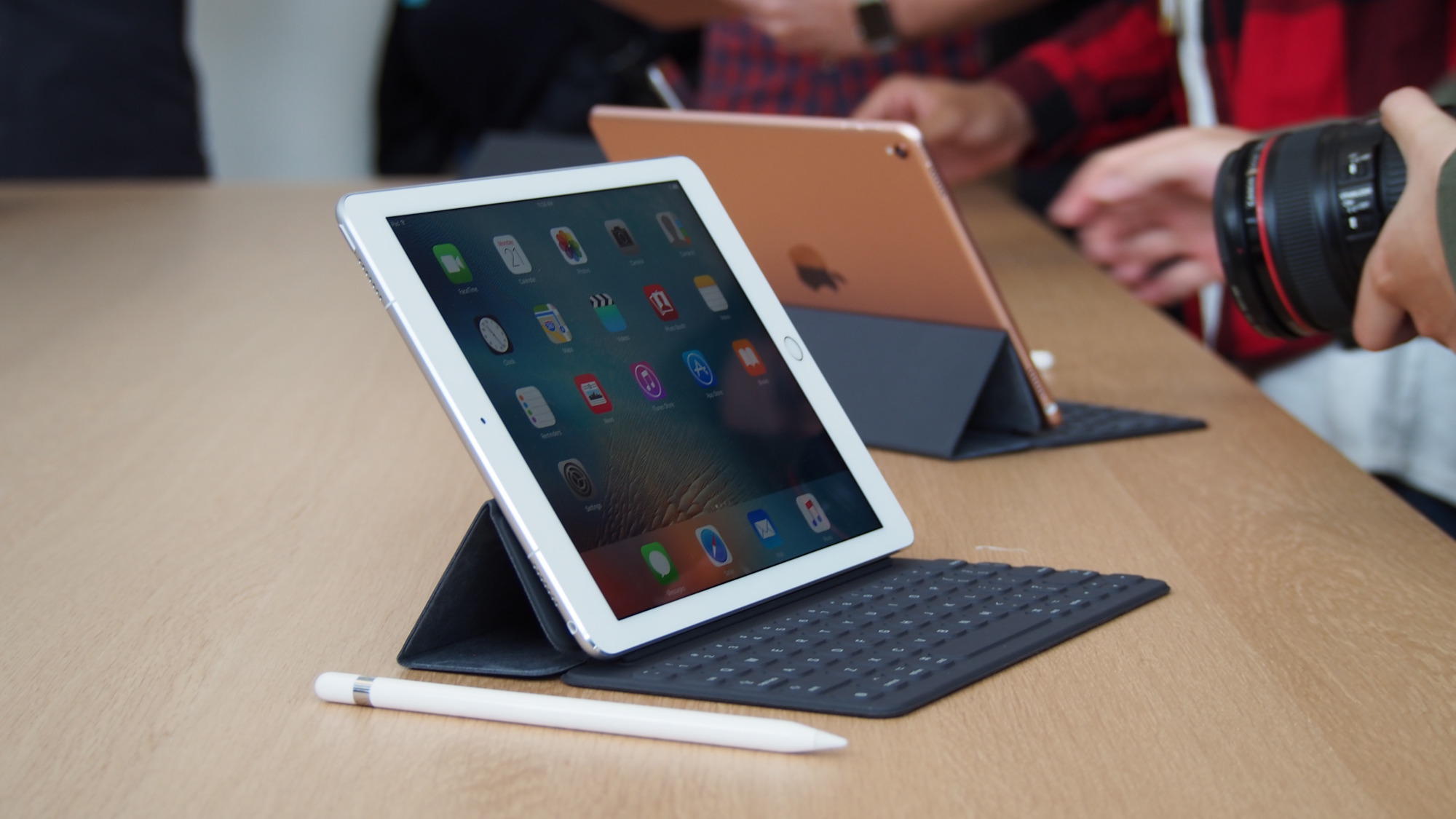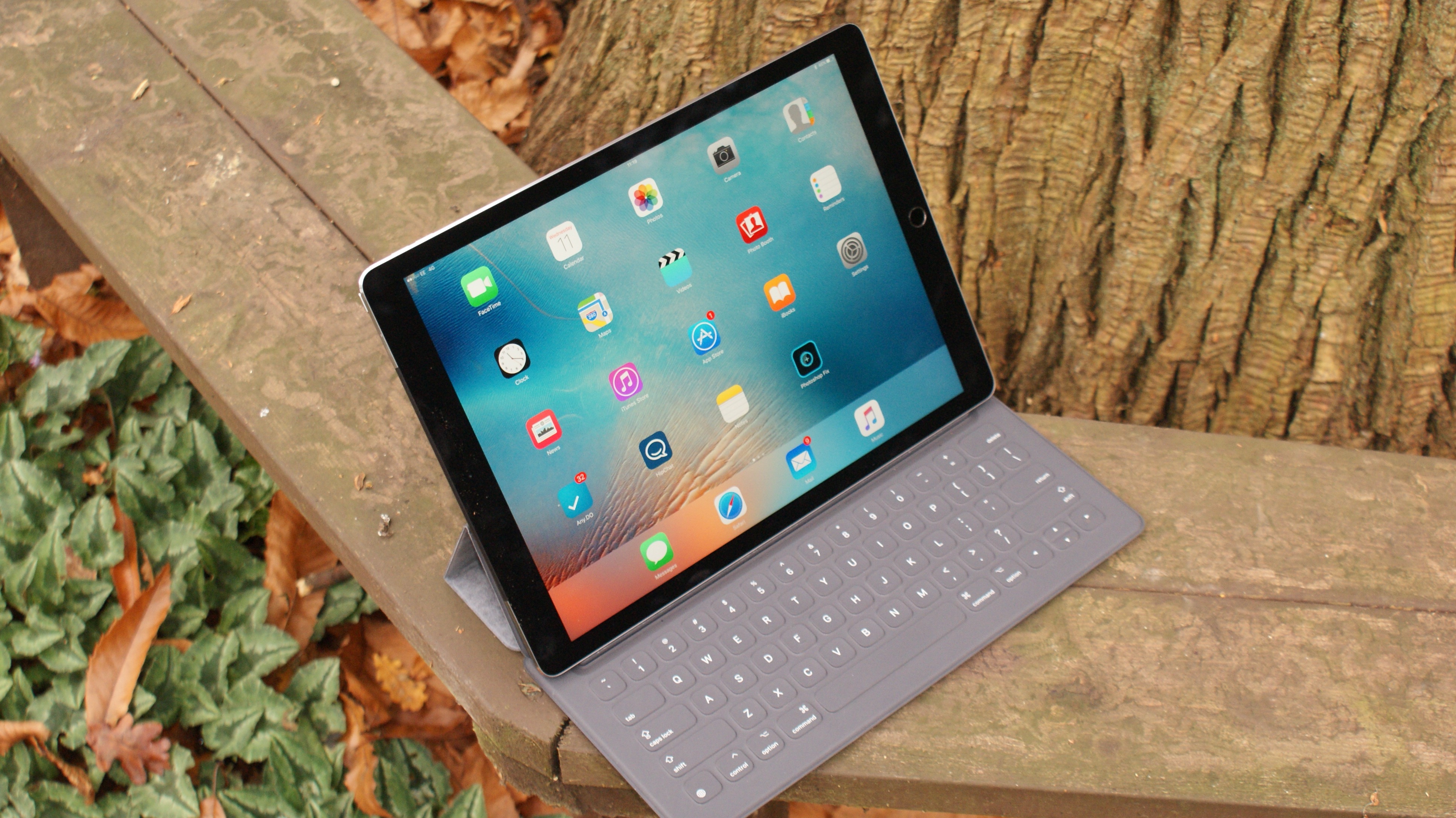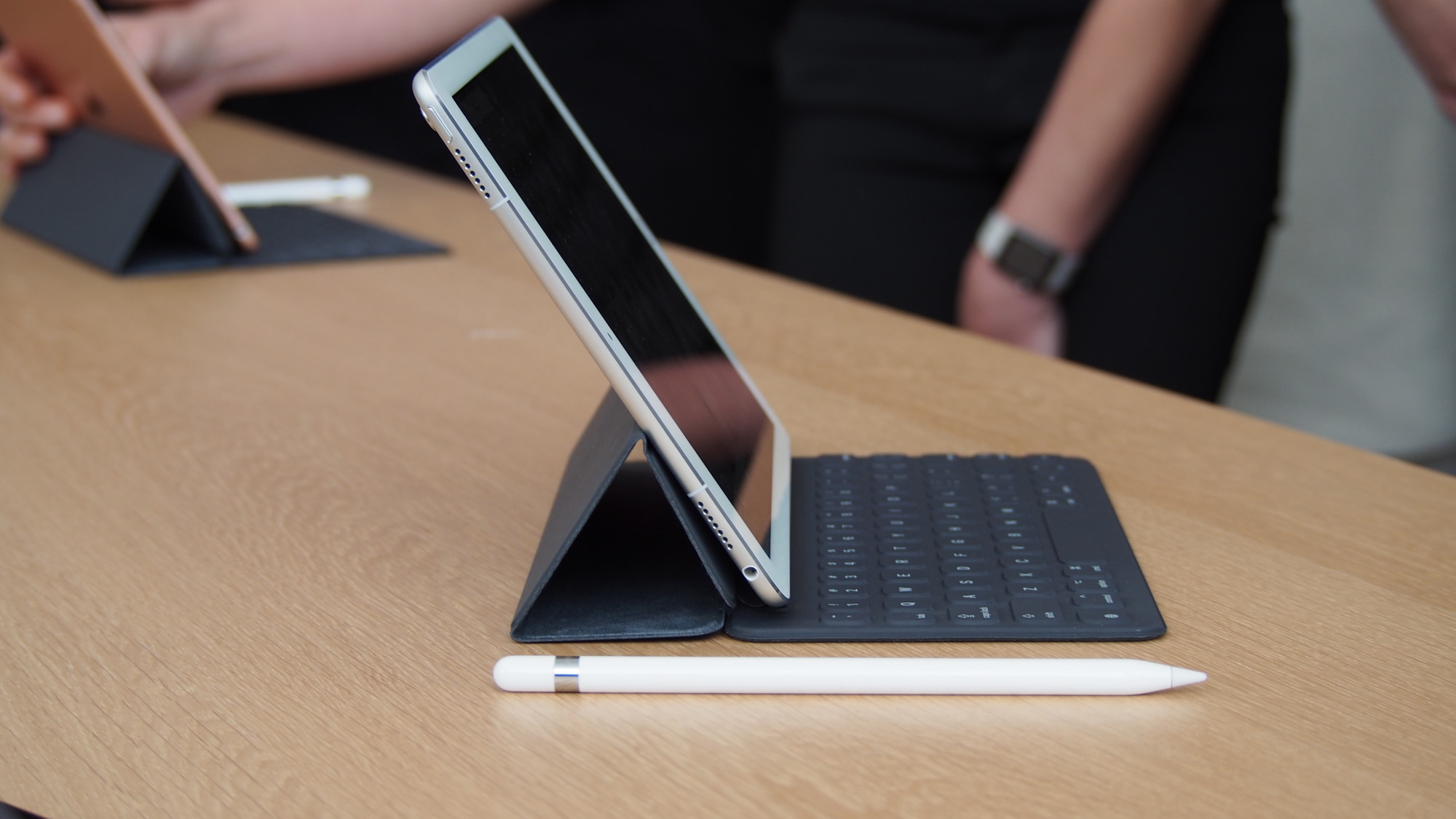Could this be Apple's secret plan for the new iPad?
Is Apple in danger of trying to please too many people with its new iPad?

Yesterday, Apple's launch event saw two new products being added to the iPhone and iPad lineups. First, there was the iPhone SE, featuring the same body as the outgoing 5S but with more powerful internals and a better camera. Next came the 9.7-inch iPad Pro, which borrows the name, some of the internals, and the accessories of its larger brother.
The 12.9-inch iPad Pro, launched in November last year, was certainly a departure from what came before it. The device had the same overall design of the iPad – a big, all-glass rectangle – but included new accessories, like the Apple Pencil (a stylus) and Smart Keyboard (which doubles as a case). The screen was also about three inches bigger than the iPad Air with more pixels and better technology that provided richer, deeper colours.

Upgrade economics
All of this comes against the backdrop of one big, inconvenient fact: Consumers are not buying iPads like they are buying iPhones. That's not just in terms of scale – although there is a big difference in scale – but also in terms of the upgrade cycle.
With the iPhone, consumers replace their handset every two or three years. A phone is carried around all the time and, as such, incurs some wear and tear. This, paired with an 18 or 24-month contract, means that Apple can reliably predict that people who bought an iPhone 5S will get a 6S, and so on. People who bought the first iPad, however, are still holding on to it – over five years later.
This upgrade cycle is much the same as a laptop or desktop computer. Unlike a phone, a PC does not come with a contract and is generally well preserved (especially true for a desktop) as it isn't carried around in a pocket. The components used in a PC are also more robust than a phone – thanks mainly to the available space – and they wear out more slowly, which is especially true for the battery in the case of laptops.
When the iPad launched, Apple was likely unaware that people would hang onto them for so long, but that's the reality of the matter, and the company has been struggling to convince investors that its tablet business is actually okay, despite falling unit sales year-over-year. The strong start – 30 or 40 million iPads a quarter – has been reduced to around 20 million, sometimes lower, and this has become an awkward red mark on Apple's otherwise sterling financial performance.

Enterprise expansion
The iPad Pro was an effort to kick-start the iPad's growth in a new sector: Enterprise. The iPad was already popular with big companies but mainly as a toy for executives to use. By adding the 'Pro' name – which, it's worth noting, appears on a lot of PCs – and the stylus/keyboard combo, Apple made it more explicitly attractive to large companies.
Are you a pro? Subscribe to our newsletter
Sign up to the TechRadar Pro newsletter to get all the top news, opinion, features and guidance your business needs to succeed!
iOS 9.3, unveiled earlier this year, also adds more enterprise-ready features, and new capabilities for the classroom. Apple has been losing a war with Google over the kind of devices schoolchildren use. Chromebooks, which run Google's set of web services, have become increasingly popular – to the cost of Apple's alternatives. The new software includes support for a 'Teacher Mode' (essentially a dashboard for the classroom) as well as multi-user support and additional security features.
Max Slater-Robins has been writing about technology for nearly a decade at various outlets, covering the rise of the technology giants, trends in enterprise and SaaS companies, and much more besides. Originally from Suffolk, he currently lives in London and likes a good night out and walks in the countryside.